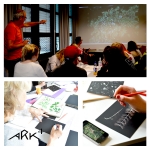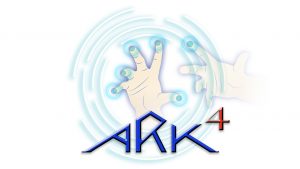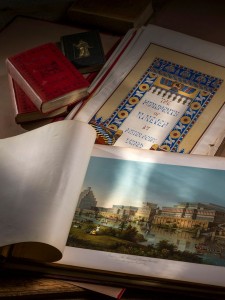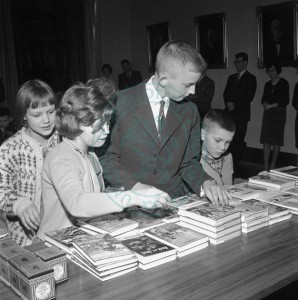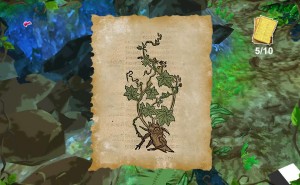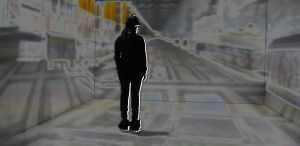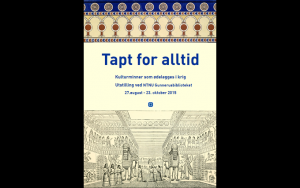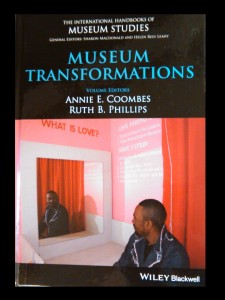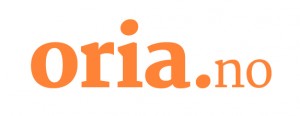Ark4 a digital heritage library was initiated by the NTNU University library in 2014 and is exploring new ways to approach culture and heritage re-using digital content from the Cultural Heritage sector, mainly deriving from Europeana and other libraries to reach a wider audience through knowledge games.
Our collaborator for the applications produced and the workshops organized in 2015 is
Digital Curation Unit Athena RC with Dimitris Gavrilis, Agiati Benardou, Eliza Papaki, Eleni Afiotzi and Nephelie Chatzidiakou.
Ark4 plans to organize educational activities in the immediate academic community, among colleagues and university students in the investigation of approaching cultural heritage and archives and its protection from different angles. It also aims in spreading knowledge on heritage sites and monuments or heritage archives through educational workshops and gaming activities to create engagement for the general public as well.
- digital technology and games as a tool for community action of heritage protection and knowledge sharing.
- the idea of community-based participatory approaches to heritage and archive dissemination work.
- the role, end-users play as active participants in the design process.
- The outcomes of user-interaction, in thecontext of a targeted activity, using mobile technology.
Knowledge gained from a museum visit activity where the students were divided in teams and were given questions and a small introduction to the goals of the activity. They were encouraged to walk around collect the answers and photos and they worked for two hours. The products delivered were a ppt presentation, pictures and films.
Our conclusions in short after the workshops were completed are the following:
- digital technology and games has been an attractive tool for High School students for knowledge sharing.
- the idea of teamwork and participatory design seemed engaging.
- the students participated actively in seeking information and in designing the dissemination product.
- users were interacting socially, reflecting and seeking information, in the context of a targeted activity, using mobile technology.
Our games have subjects as archaeology, history, botany, literature, war history, archives and are produced in three languages.
- English :Lost Cultures and Children litarture( with content from Europeana and Gunnerus library special collections)
- Norwegian: Womens History and Rødøy quiz
- Greek: Delos og Mykonos
